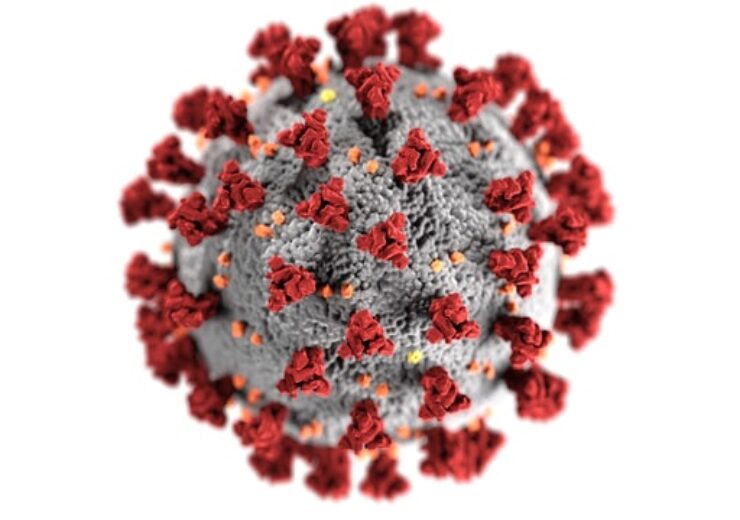SCD is a patented, cell-directed, extracorporeal immunomodulator that selectively targets activated neutrophils and monocytes to address hyperinflammation

The SCD is an extracorporeal immunomodulator. (Credit: CDC on Unsplash)
US-based medical technology firm SeaStar Medical has unveiled positive results from its pilot SCD 005 clinical trial in Covid-19 patients with multiple organ failures in the intensive care unit (ICU).
The study evaluated the safety and clinical outcomes of extracorporeal immunomodulation treatment using the company’s Selective Cytopheretic Device (SCD).
The trial results were published in the Society of Critical Care Medicine’s (SCCM) scholarly journal Critical Care Explorations.
SCD is a patented, cell-directed, extracorporeal immunomodulator that selectively targets activated neutrophils and monocytes to address hyperinflammation.
Neutrophils and monocytes are cellular mediators that drive systemic inflammation, which may lead to organ damage, organ failure or death.
SeaStar said its SCD technology is designed to target the cellular drivers of inflammation, restore the body’s immune balance and potentially reverse the damage.
SeaStar Medical president and chief executive officer Eric Schlorff said: “We are very pleased with the publication of our study results in a leading Society of Critical Care Management journal.
“Hyperinflammation can be a devastating factor for severe Covidpatients who develop multi-organ complications.
“This pilot study helps inform our upcoming pivotal study, which will examine how our immunomodulatory therapeutic treatment can be disease-agnostic in its efforts to return a pro-inflammatory immune system back to a reparative state.”
According to the company, high mortality rates prevail among patients with Covid-19 in ICU, acute kidney injury (AKI) requiring continuous renal replacement therapy (CRRT), and acute respiratory distress syndrome (ARDS) on mechanical ventilation.
In April 2020, SeaStar obtained an investigational device exemption (IDE) approval from the US Food and Drug Administration (FDA) to start the pilot study of its SCD.
The clinical trial integrated SCD into the CRRT blood circuit of 22 patients, with strictly controlled low ionized calcium concentration between 0.25 and 0.4mmol/L, for up to 10 days.
The SCD treatment is said to have reduced the activated neutrophils and monocytes, which led to a reduction in proinflammatory cytokines and improved clinical outcomes.
The study participants in the SCD arm experienced a reduction in 60-day mortality to 50% compared with 81% in the control arm.
In addition, the subjects who received SCD treatment for more than 96 hours per protocol, have seen a further reduction in mortality to 31%.
The SCD treatment showed an acceptable safety profile with no device-related serious adverse events, said the company.
SeaStar Medical director and study lead investigator H David Humes said: “The study met its primary endpoints, and the results published in Critical Care Explorations are an important step in validating the role neutrophils and monocytes play as the effector cells responsible for a dysregulated systemic inflammatory response.
“By removing the most activated neutrophils and monocytes from circulation, the SCD’s immunomodulatory impact enables a return to a regulated healing process.”
In April this year, SeaStar Medical signed a merger agreement with LMF Acquisition Opportunities (LMAO), a special purpose acquisition company, to get listed on Nasdaq.
